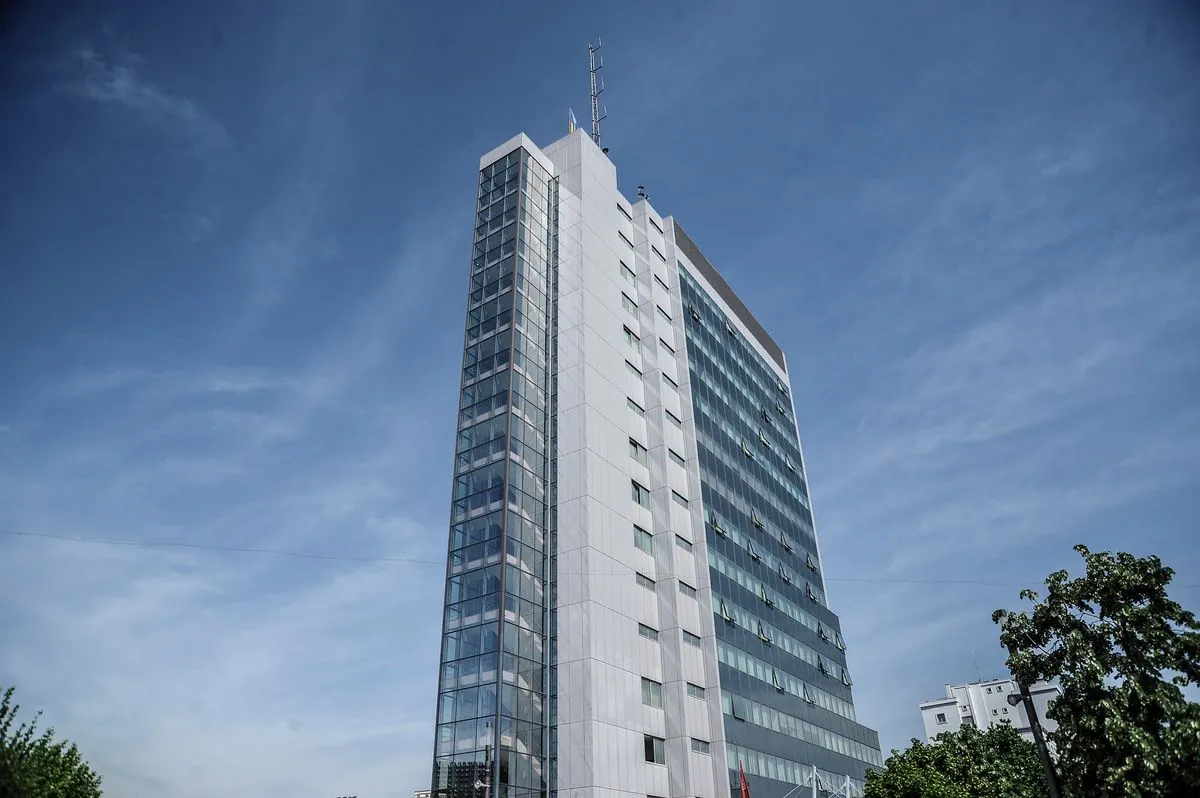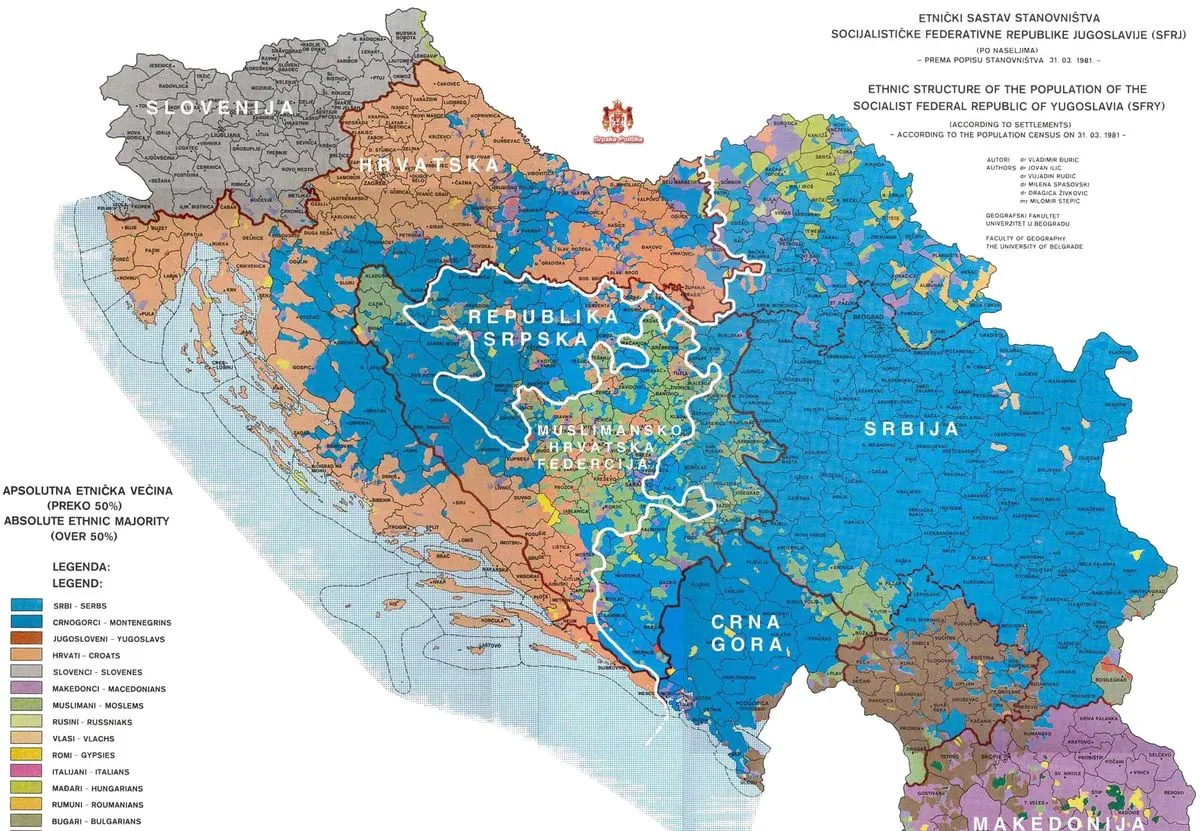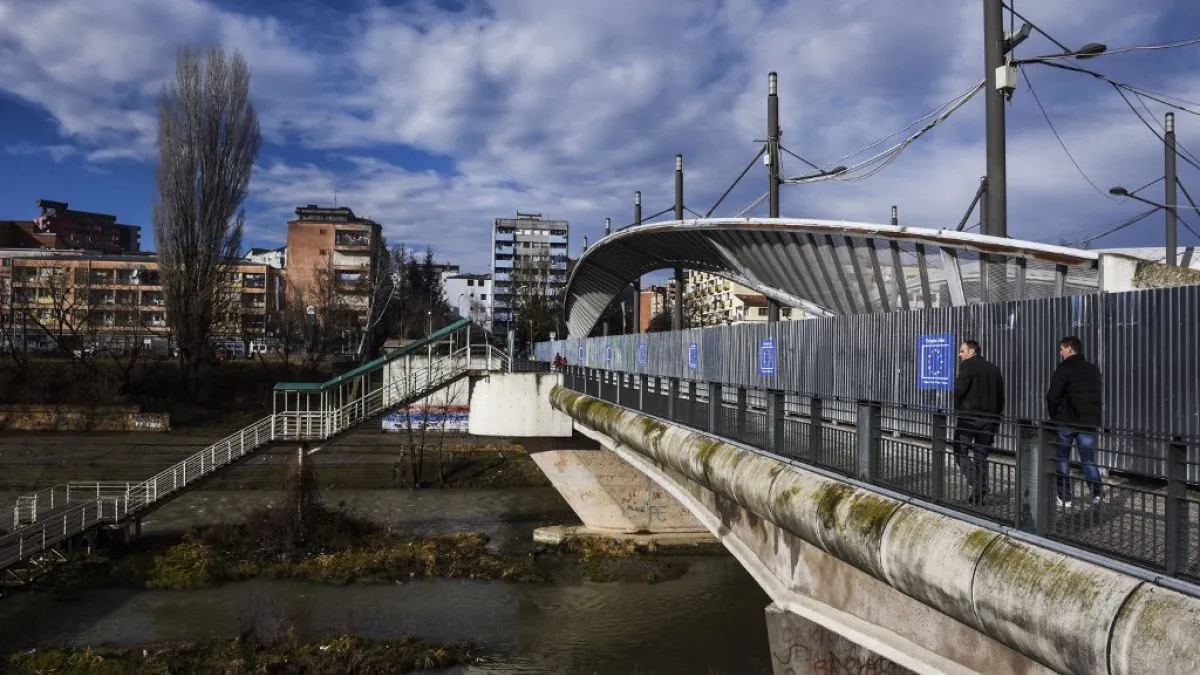Kosovo Shuts Down Serb Institutions, Sparking U.S. Criticism
Kosovo authorities closed five parallel Serb institutions, drawing U.S. criticism. This move could escalate tensions with Serbia, as the region grapples with ongoing ethnic divisions and upcoming elections.

In a controversial move, Kosovo authorities have shut down five parallel institutions serving the ethnic Serb minority in the northern part of the country. This action, confirmed by Elbert Krasniqi, Kosovo's minister of local administration, has drawn immediate criticism from the United States and could potentially heighten tensions with neighboring Serbia.
The closure of these institutions, which Krasniqi stated "violate the Republic of Kosovo's constitution and laws," has prompted the U.S. embassy in Kosovo to express "concern and disappointment." The embassy highlighted the negative impact of such uncoordinated actions on the ethnic Serb community and other minority groups in Kosovo.

This development occurs against a backdrop of complex historical and political relations between Kosovo and Serbia. Kosovo, a former Serbian province, declared independence in 2008, a move that Serbia still does not recognize. The region's recent history has been marked by conflict, including the Kosovo War of 1998-1999, which resulted in over 13,000 deaths and led to NATO intervention.
Despite ongoing efforts to normalize relations, tensions between Kosovo and Serbia remain high. A shootout in September 2023 between masked Serb gunmen and Kosovo police, resulting in four fatalities, further strained the relationship. The European Union and the United States have been pressing both sides to implement agreements reached in early 2023 between Serbian President Aleksandar Vucic and Kosovar Prime Minister Albin Kurti.
Recent developments have added to the complexity of the situation. Earlier in August 2024, Pristina announced plans to open the bridge over the Ibar River, which has been closed to passenger vehicle traffic for over a decade. This bridge divides the city of Mitrovica into a Serb-dominated north and an ethnic Albanian south. Additionally, Kurti's government has faced criticism for the unilateral closure of six branches of a Serbia-licensed bank in northern Kosovo earlier this year.
"We reiterate our concern and disappointment with continuing uncoordinated actions that continue to have a direct and negative effect on members of the ethnic Serb community and other minority communities in Kosovo."
As Kosovo prepares for parliamentary elections on February 9, 2024, these recent events are likely to play a significant role in shaping the political landscape. The upcoming vote is expected to be a crucial test for Kurti, whose governing party won a landslide victory in the 2021 elections.
Kosovo, with its population of approximately 1.8 million, faces numerous challenges as it seeks to establish its place on the international stage. The country's economy remains one of the poorest in Europe, with high unemployment rates, particularly affecting its young population. Despite these challenges, Kosovo continues to work towards integration with European institutions, although it faces obstacles due to its partially recognized status.

As the situation unfolds, the international community, particularly the NATO-led KFOR peacekeeping force, remains vigilant in its efforts to maintain stability in the region. The closure of these parallel institutions serves as a reminder of the ongoing complexities in Kosovo-Serbia relations and the delicate balance required to navigate the ethnic and political divisions in the Balkans.


































